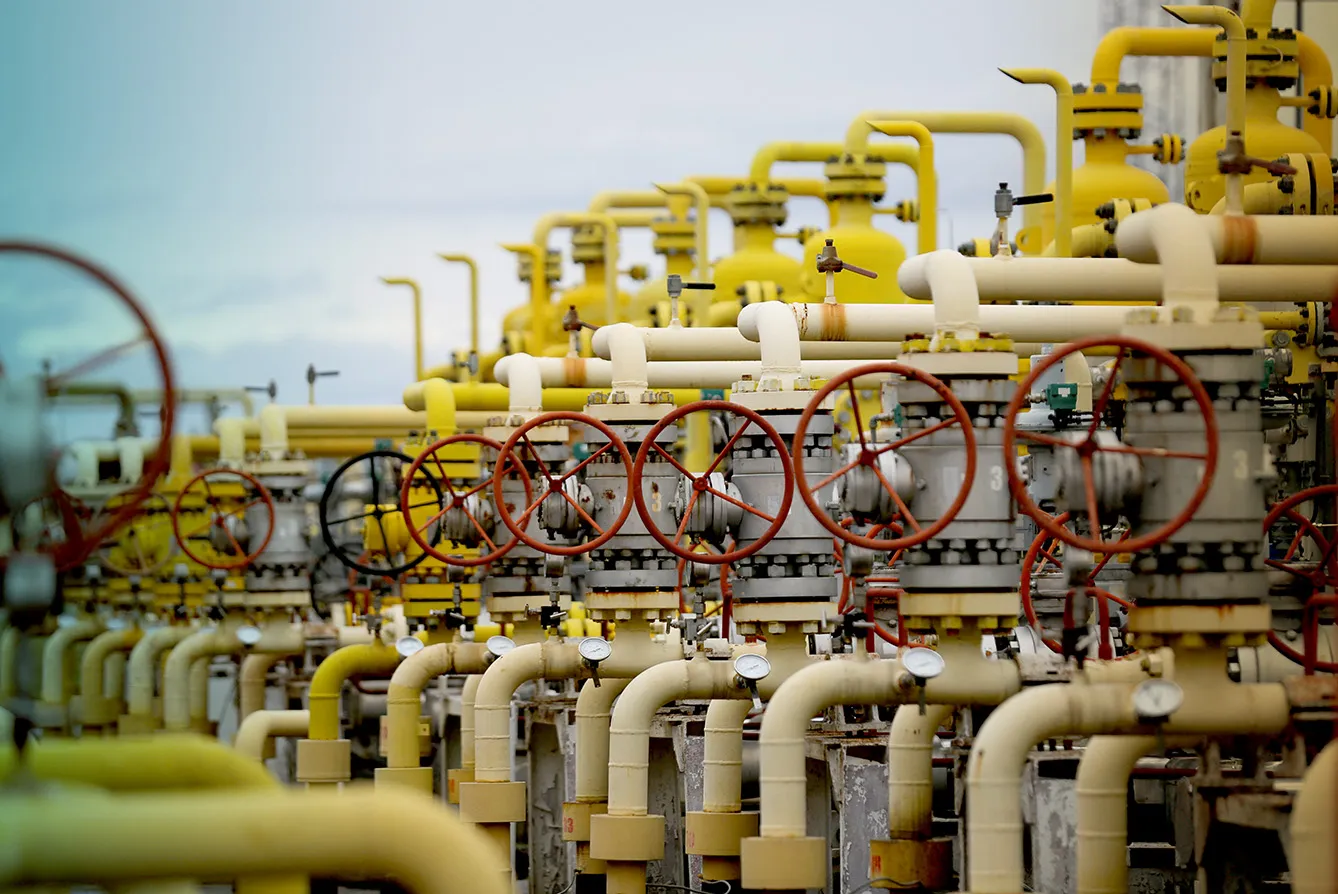In April 2022, Bulgaria and Poland became the first EU countries to see their natural gas imports from Russia abruptly cut off. For Bulgaria, which,
unlike Poland, relied exclusively on Russian gas imports, this development was a wake-up call many in the country had been expecting for a long time. But Bulgaria, along with the EU, successfully weathered the crisis.
In the follow-up, Bulgaria managed to link up its system to critical infrastructure in Greece, something that had been in the works for many years. In 2022, precious natural gas from Azerbaijan started to flow into Bulgaria, thus satisfying some 30% of the country’s needs for natural gas, estimated at 3 billion cubic meters a year. And now, after being able to catch its breath, Bulgaria is kicking off work on another project of key importance for its energy diversification.
Chiren storage facility to the rescue
In 2025, Bulgaria will have the largest underground gas storage facility in the Balkans after the completion of a large-scale project to expand and modernize the facility in Chiren in northwestern Bulgaria. The expansion project, worth EUR 300 million, has been labeled a priority for the gas diversification of southeast Europe, with the contract for the construction of above-ground facilities of the storage signed in January 2023.
Upon completion, the facility in Chiren will be able to store up to one billion cubic meters of gas, doubling its current capacity. In addition, the facility will have the possibility of extracting and pressurizing some 8-10 million cubic meters a day, an upgrade from the 3-4 million cubic meters currently being handled in Chiren.
Chiren, since 1974, still much appreciated
Bulgaria’s underground gas storage can also be a unique facility in the Balkans, where other countries lack facilities to store natural gas for the winter season. Traditionally, gas storage tanks are filled in summer when prices are lower, and then the cheap quantities left in storage are used to suppress higher prices in winter. Good news travels fast, and Greece and Northern Macedonia have already expressed interest in using the gas storage for their needs, giving hopes for a faster return on investment.
Constructed on a base of a depleted gas condensate field, the Chiren gas storage began operations in 1974. To this day, this is Bulgaria’s only such facility. Its expansion, now underway, has been in the works for at least a decade. The start of construction has also been delayed by appeals in court by companies that haven’t been granted contracts. Now that administrative hurdles have been cleared, work can begin.
Part of the large-scale project includes the removal of old Russian equipment, for which maintenance has become particularly challenging after the beginning of the war in Ukraine. In addition to the 24 exploitation wells existing in Chiren now, ten new wells will also be installed. During the expansion, the storage facility will not cease operations, according to Vladimir Malinov, Director of Bulgartransgaz, the company operating the Chiren gas storage.
After the discovery of the gas field in Chiren in 1963, some 2.8 billion cubic meters of natural gas were produced there. And while the field has been depleted for many decades now, the importance of Chiren is only bound to grow.







